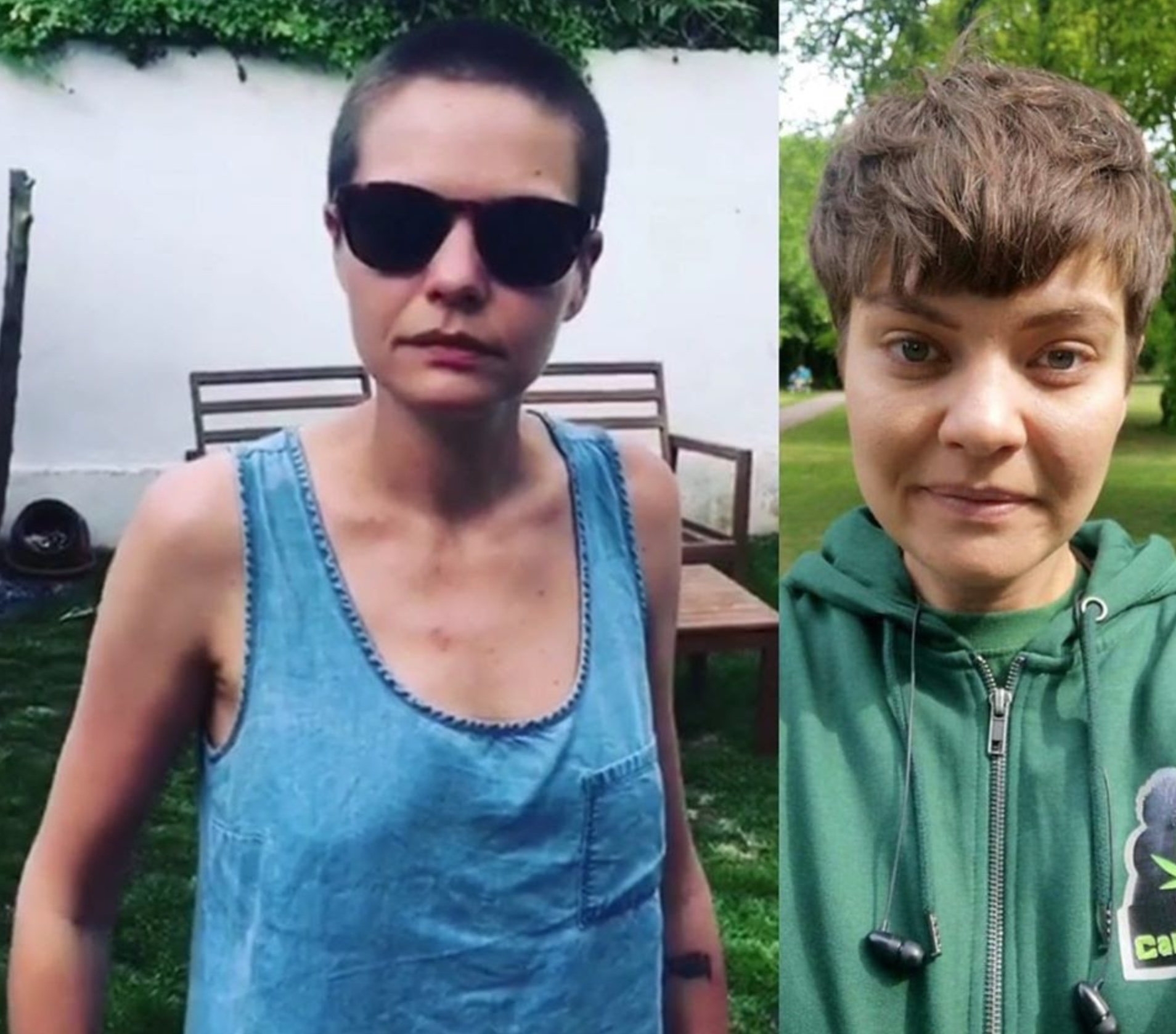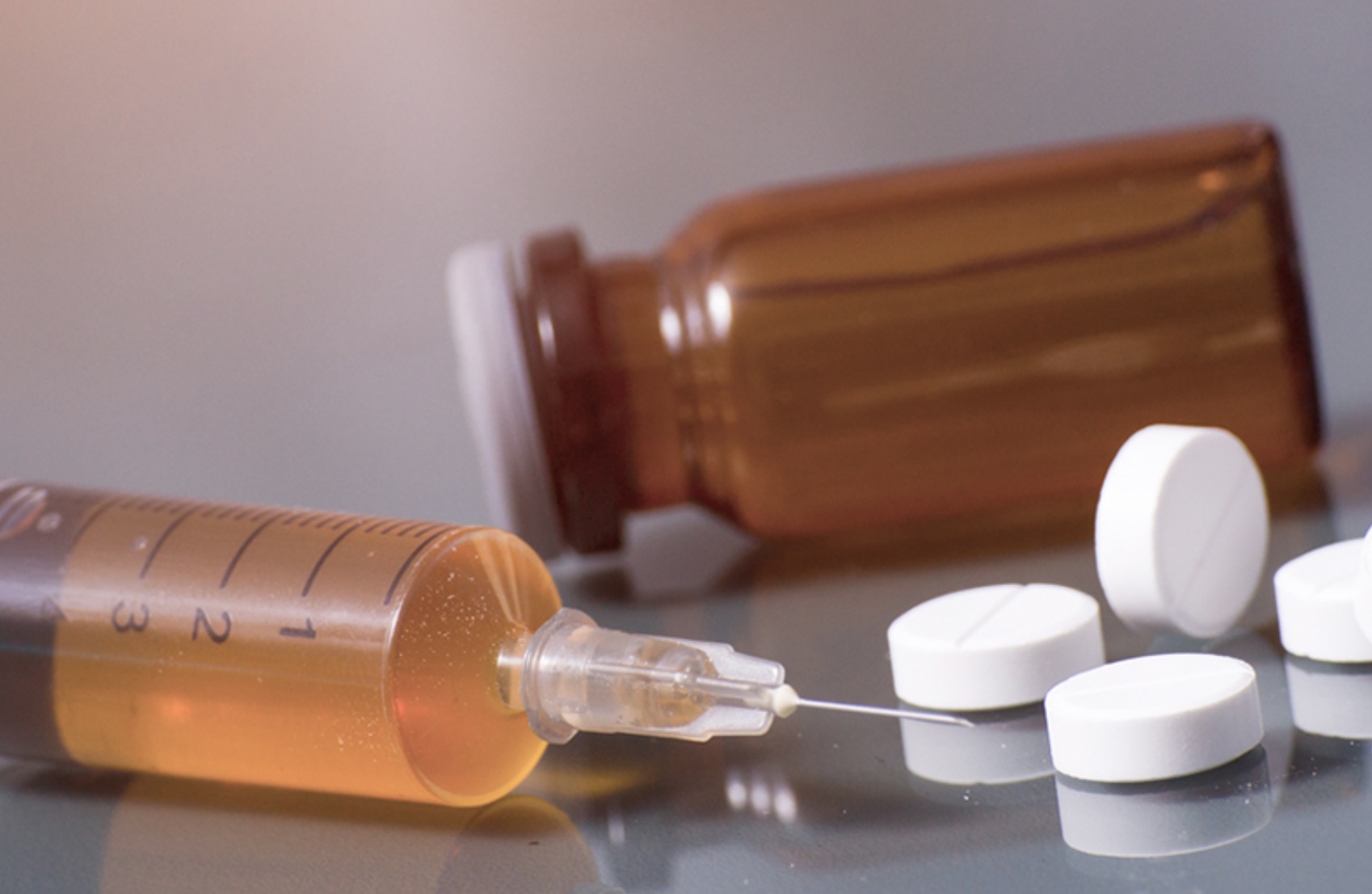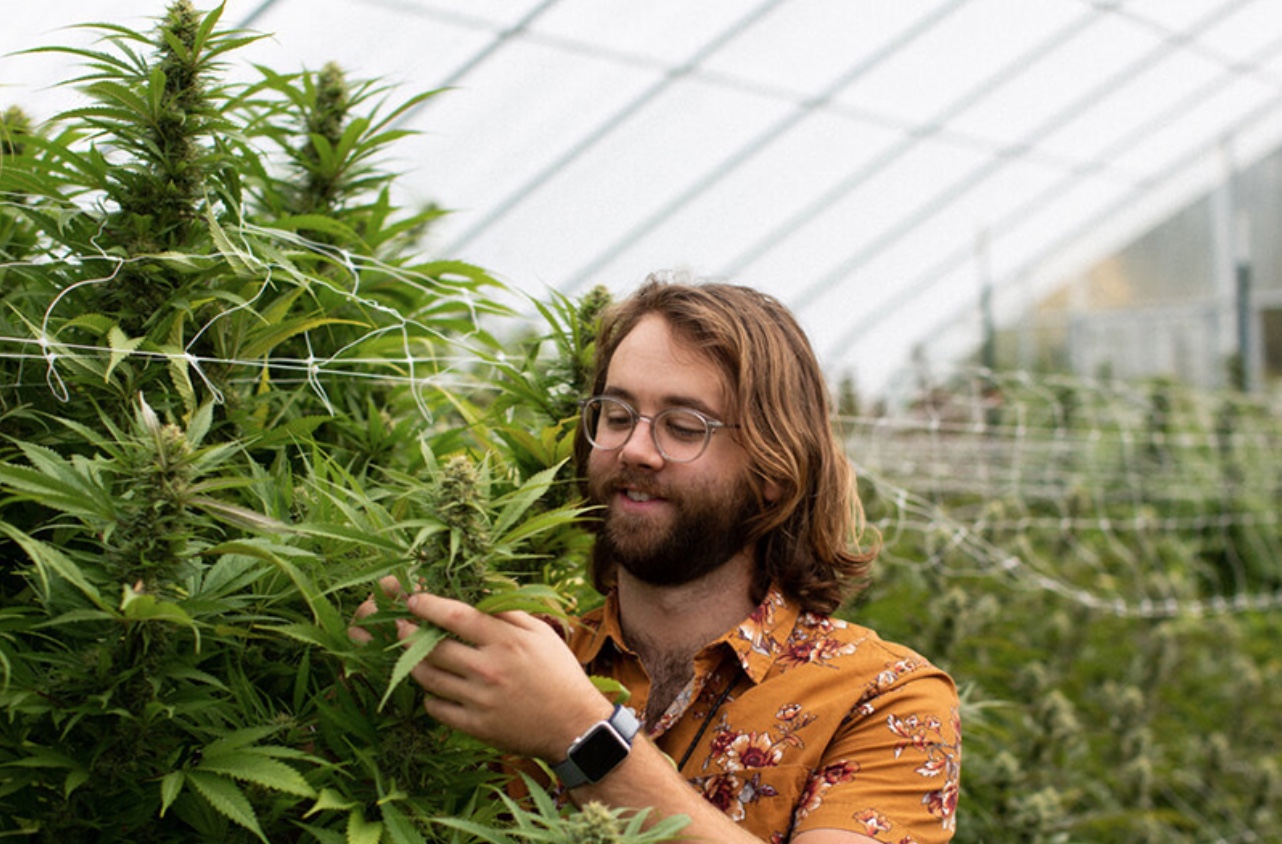News
Guide: to supporting opioid withdrawal with plants
Guide: to supporting opioid withdrawal with plants by Carly BartonCarly introduces her regime for supporting opioid withdrawal with natural medicines and companion practices.Many patients struggle to tolerate opioids long term. Research shows that although opioids can be helpful for acute pain, they are not the best tool for chronic pain patients as they are less effective over time with a high addiction profile, the UK’s NICE guidance now reflects this view. In some cases, patients demonstrate...
The state we’re in: is there an opioid crisis?
The opioid crisis is often spoken about in the USA, but are there similar overprescribing issues in the UK?As a nation, we are in a great deal of pain. Both physical and emotional pain lead us to seek relief and in our desperation to ease this pain we may look beyond the GP surgery. Statistics show that the UK has the largest reported opioid-using population in Europe. This is reflected in the rise of prescribed pain medication and also in the rise of opioids sourced on the street.The pain exper...
Is organised crime ruining our hopes for a home-grown future?
By Carly BartonAre criminal gangs ruining our chances for a homegrown future? We talked to two ethical suppliers to find out.What are we talking about?Firstly, let’s define what we mean by ‘organised crime’. There are often two types of cultivators of cannabis, the first is small home-growers who could be seen as similar to the local farm shop stall -they cultivate with care and often support a couple of patients providing good quality plants and extracts to support their health conditions. The ...
Cancard gives evidence to parliamentary inquiry into the 1971 misuse of drugs act.
Recently Cancard was approached to give evidence in a Home Affairs inquiry into the Misuse of Drugs act 1971 and it's efficacy.The committee calling for evidence said:'The focus of the inquiry will be on illegal drug use and its effects on society and the economy.The inquiry will consider the UK’s legislative framework on drugs and UK drug policy. The framework refers to, for example: the Misuse of Drugs Act 1971; the Psychoactive Substances Act 2016; and, where relevant, any subordinate legisla...
Cancard responds to landmark case
On Friday, May 20th Cancard Member Andy Baines was given a six month community order at Grimsby Court, for the offence of supplying hundreds of patients, including minors, with high quality cannabis medicines - free of charge. Andy could have faced years in prison, but instead the court took a different, sensible approach.Mr Andrew Baines, Cancard member and cannabis specialistThe Cancard community is delighted that our heroic member Andy will not see the back of a jail cell for his brave, admir...




